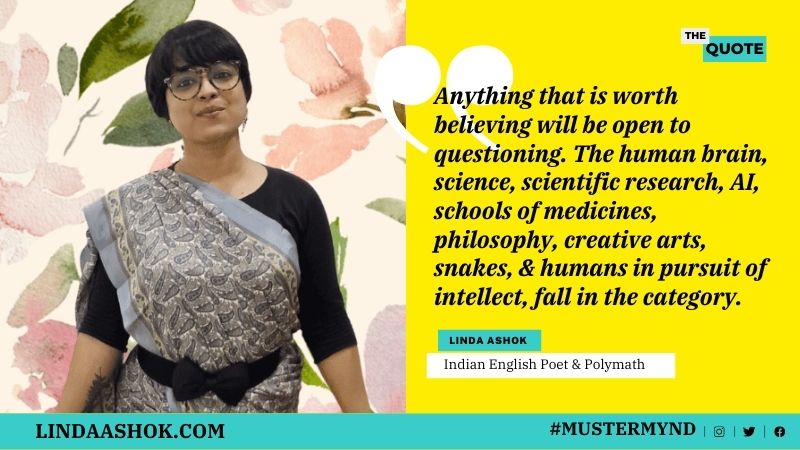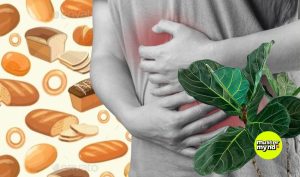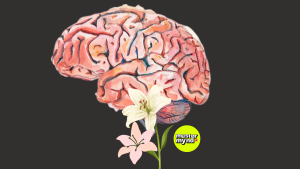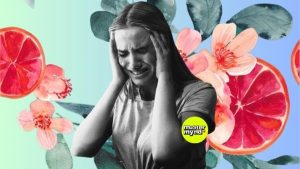Disclaimer: I am not advocating either for Homeopathy or Allopathy. This article aims to start an objective, facts-based conversation seeking a safer and more reliable solution without triggering side effects between two major bodies of medicinal practice in homeopathy or allopathy.
Between Homeopathy and Allopathy, Allopathy is considered conventional medicine and is an evidence-based therapy. Homeopathy, on the other hand, takes a different approach, using highly diluted chemical compounds that are said to be triggering the body’s own natural healing mechanism. When it comes to Allopathic and Homeopathic treatment for depression, both must be subjected to equal scrutiny.
“Anything that is worth believing will be open to questioning. The human brain, science, scientific research, AI, schools of medicines, philosophy, creative arts, snakes, & humans in pursuit of intellect, fall in the category.” Linda Ashok
Comparing Allopathy and Homeopathic Treatment for Depression
Understanding the Aggravation Process
Homeopathy is noted for its distinct approach, in which symptoms may initially worsen before improving. Homeopathic practitioners view this aggravation as a positive indicator that the body is responding to the recommended medicine. However, because empirical data supporting the idea of aggravation in Homeopathy is weak, people approach this without 100% confidence. While some people may have a short worsening of symptoms before finding relief, others may not notice any changes. In Homeopathy, the concept of aggravation remains subjective and lacks universal applicability.
Allopathic depression medications, on the other hand, such as selective serotonin reuptake inhibitors (SSRIs) and serotonin-norepinephrine reuptake inhibitors (SNRIs), might also have an adjustment phase. But before getting there, it is important to note that Allopathy is the darling of the billion-dollar Big Pharma as it is touted as scientific and marketing has helped promote Allopathy as a household solution that is faster in effect. Now, going back to the adjustment phase in Allopathy for depression, individuals experience nausea, headaches, or heightened anxiety. Again, it is shown and is seen (not observed) that these adverse effects are transitory and fade as the body adjusts to the medicine. Some people might have no reactions at all.
Minimal Dosage in Homeopathy
I will admit that I have been a prude all my life having strong reservations against Homeopathy for any type of disease. But with my growing interest in approaching science the scientific way, I am now keen to explore more about it, while not forgetting if I am alive, I have to credit the allopathic drugs that didn’t kill me. So, here, Homeopathy emphasizes highly diluted compounds. Proponents claim that the energetic characteristics of these highly diluted medicines promote the body’s intrinsic healing capabilities. They argue that using a small amount of Homeopathy minimizes the danger of toxicity and adverse effects, making it a safer option for allopathic drugs.

It is important to note that “scientific consensus” disputes the therapeutic efficacy of very diluted homeopathic treatments beyond a placebo reaction. Wait, but how is it “scientific consensus” here that is biased for Allopathy, the prerogative of the big billion Pharma industry? But anyway, the argument is because of the severe dilutions, Homeopathy medicines are physiologically inert, and any observable effects are most likely due to a placebo effect or the normal course of the sickness. But do you know that even Allopathy uses a placebo in mental health treatment? Allopathy is subjected to extensive testing and clinical trials to ensure its safety and efficacy, but what holds back such extensive testing on Homeopathy?
Side Effects: A Comparative Analysis
One of the marketed benefits of Homeopathy is the absence of negative effects. This assertion is based on the fact that homeopathic treatments are greatly diluted, which reduces the chance of unpleasant effects. However, it is critical to recognize that the absence of adverse effects in Homeopathy is mostly owing to the cures’ lack of active components. Homeopathic benefits are frequently subjective and can be attributed to placebo responses or the natural healing process.
One of the marketed benefits of Allopathy is the possibility of negative effects but treatable and managed. Allopathy treatment for depression using SSRI and SNRI drugs do not guarantee CURE for Depression! They manage. This is from my interaction with the drugs. The market and medical researches by parties sponsored by Big Pharma or devotees of Allopathy say that the benefits of allopathic drugs in the treatment of depression frequently outweigh the hazards. And what are these hazards? They are the same conditions that these drugs are designed to cure much like the Homeopathy drugs.
Conclusion: Allopathy and Homeopathic Treatment for Depression
Finally, the comparison of Homeopathy with Allopathy in the treatment of depression exposes them to similar drawbacks and possibilities. Homeopathy’s claims of aggravation, small dosage, and lack of side effects are not supported by strong scientific data. Why? Because Big Pharma hasn’t considered it yet as a viable business model contrary to Allopathic drugs for depression such as SSRIs and SNRIs that too claim for initial aggravation, controlled dosage, and side effects manageable and treatable. Allopathy is clearly a barter whereas Homeopathy is not. You are either cured or you don’t. You don’t intake new conditions.
If you are a medical student being trained in Allopathic drugs, I would hope that you go by the chemicals over branded compounds. It is irrelevant if you are a homeopathic doctor or an allopathic doctor to a person with mental health issues such as Major Depressive Disorder. I see a future wherein an intelligent mental health doctor (Psychiatrist) will sit with a neurologist, a hematologist, a brain specialist, a psychologist, and an expert in Homeopathy to judge the treatment plan for a person with Depression.




